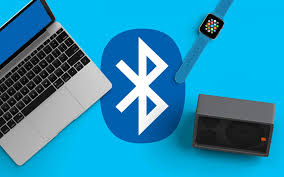

The Impact of Bluetooth on the Blood and Brain: What We Know
Bluetooth technology has become a ubiquitous part of modern life, enabling wireless communication between devices such as smartphones, headphones, and wearable tech. Despite its convenience, concerns about its potential health effects, particularly on the blood and brain, have persisted over the years.
Research indicates that the low-energy radiofrequency (RF) radiation emitted by Bluetooth devices is significantly lower than that of cell phones and well within the safety limits established by regulatory bodies. However, some studies suggest that prolonged exposure to RF radiation could potentially have biological effects, although the evidence remains inconclusive.
It is essential to continue research to fully understand the long-term impact of Bluetooth technology on human health. In the meantime, current evidence suggests that using Bluetooth devices is safe for most people. Nevertheless, adopting precautionary measures such as limiting prolonged exposure and using devices at a moderate distance can help mitigate any potential risks.
.




